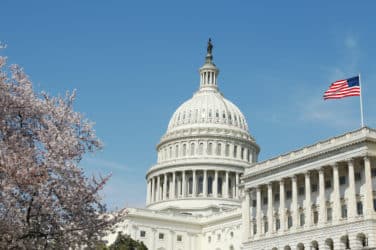
Sweeping changes in regulations and market structure are transforming the fixed income markets.
The upshot is that banks must become niche providers of bonds and interest rate derivatives liquidity if they are adapt to the future.
The traditional roles of investment banks and trading venues for fixed income products are changing, driven by a combination of macroeconomic forces and incoming capital markets regulations, bringing to an end the practice of debt warehousing by market-making dealers, according to a research firm GreySpark Partners.
“The rules of the game governing fixed income markets are changing drastically,” said Frederic Ponzo, GreySpark managing partner and lead author of the report. “As a result, banks must decide soon how to build or rebuild a competitive advantage in fixed income e-trading.”
The impact of incoming capital markets regulations in the EU and US on the market structure for fixed income products like bonds and IRS could be significant. Market participants are expecting more electrification of trading in these asset classes, and signs of the technological tipping points are growing more pertinent every year, according to GreySpark.
The U.S. Dodd-Frank Act is creating more fusion between the OTC and listed derivatives markets.
“While Dodd-Frank has had the greatest impact on OTC derivatives, which were perceived as a catalyst for the financial crisis, there are some side effects of Dodd-Frank that impact the listed derivatives markets as well,” said Sam Priyadarshi, head of fixed income derivatives at Vanguard. “One of the biggest is Rule 1.73, which imposes position limits for OTC swaps and futures.”
The Commodity Futures Trading Commission’s Rule 1.73, which deals with risk management procedures by futures commission merchants (FCMs) became effective on October 1, 2012.
By no-action relief dated September 26, 2012, the CFTC granted an extension until June 1, 2013 for compliance by FCMs with a section of Rule 1.73 that relates to “bunched orders,” by which an account manager bunches orders on behalf of multiple customers for execution and post-trade allocation to individual accounts for clearing.
The Futures Industry Association has requested a further extension, until September 1, 2013, in order to give FCMs more time to comply.
Rule 1.73 requires that the FCM that clears the allocated trades on behalf of the underlying customers establishes limits for such customers and enters into an agreement in advance with the account manager regarding those limits. Absent such agreement, it is unclear how account managers will be able to execute bunched orders on behalf of their customers, the FIA said in a comment letter.
The FIA has developed, in consultation with the CFTC, an action plan and industry standard agreement in order to meet the rule requirements and intends to release the agreement so that FCMs may begin distributing the document to their affected account managers.






